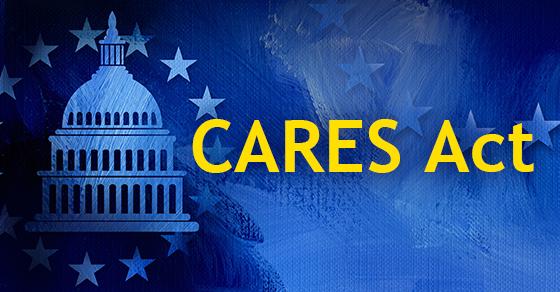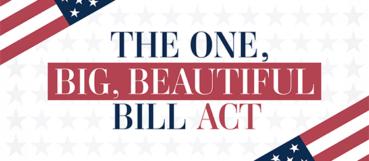CARES Act offers new hope for cash-strapped nonprofits

On March 27, the Coronavirus Aid, Relief, and Economic Security (CARES) Act was signed into law. How is this massive $2 trillion recovery package poised to help your not-for-profit organization? It depends on your group’s size, financial condition and other factors. But most nonprofits affected by the coronavirus (COVID-19) outbreak are eligible for some relief under the CARES Act.
Paycheck Protection Program (PPC)
This $349 billion loan program (administered by the Small Business Administration) is intended to help U.S. employers, including nonprofits, keep workers on their payrolls. To potentially qualify, you must be a 501(c)(3) or 501(c)(19) organization with less than 500 full- or part-time employees. PPC loans can be as large as $10 million. But most organizations will receive smaller amounts — usually equal to 2.5 times their average monthly payroll costs.
If you receive a loan through the program, proceeds may be used only for paying certain expenses, including:
- Payroll,
- Health care benefits,
- Mortgage interest,
- Rent,
- Utilities, and
- Interest on debt incurred before February 15, 2020.
You can’t use these loans to pay your mortgage principal or to prepay mortgage interest.
Perhaps the most reassuring aspect of PPC loans is that they can be forgiven — so long as you follow the rules. To have your full loan amount forgiven (except for loan interest), you must retain employees and not reduce their regular salary or wages more than 25%. If you’ve already laid off staffers, rehiring them by June 30 may enable you to qualify for full loan forgiveness.
Industry Stabilization Fund (ISF)
Nonprofits with more than 500 employees, such as hospitals and educational institutions, may be eligible for ISF low-interest loans. When applying for one, you’ll be required to certify (among other things) that loan proceeds will be used to retain (or rehire) at least 90% of your workforce at full pay and benefits through at least September 30.
Unlike PPP loans, ISF loans won’t be forgiven. However, you aren’t required to pay principal or interest for at least the first six months after receiving an ISF loan. There’s a 2% interest-rate cap on these loans.
Immediate help
If you’d like to apply for financial assistance under the CARES Act, talk directly to your bank. And contact us for help navigating the many provisions of recent legislation — including other lending programs, emergency grants and new payroll tax breaks.
© 2020





